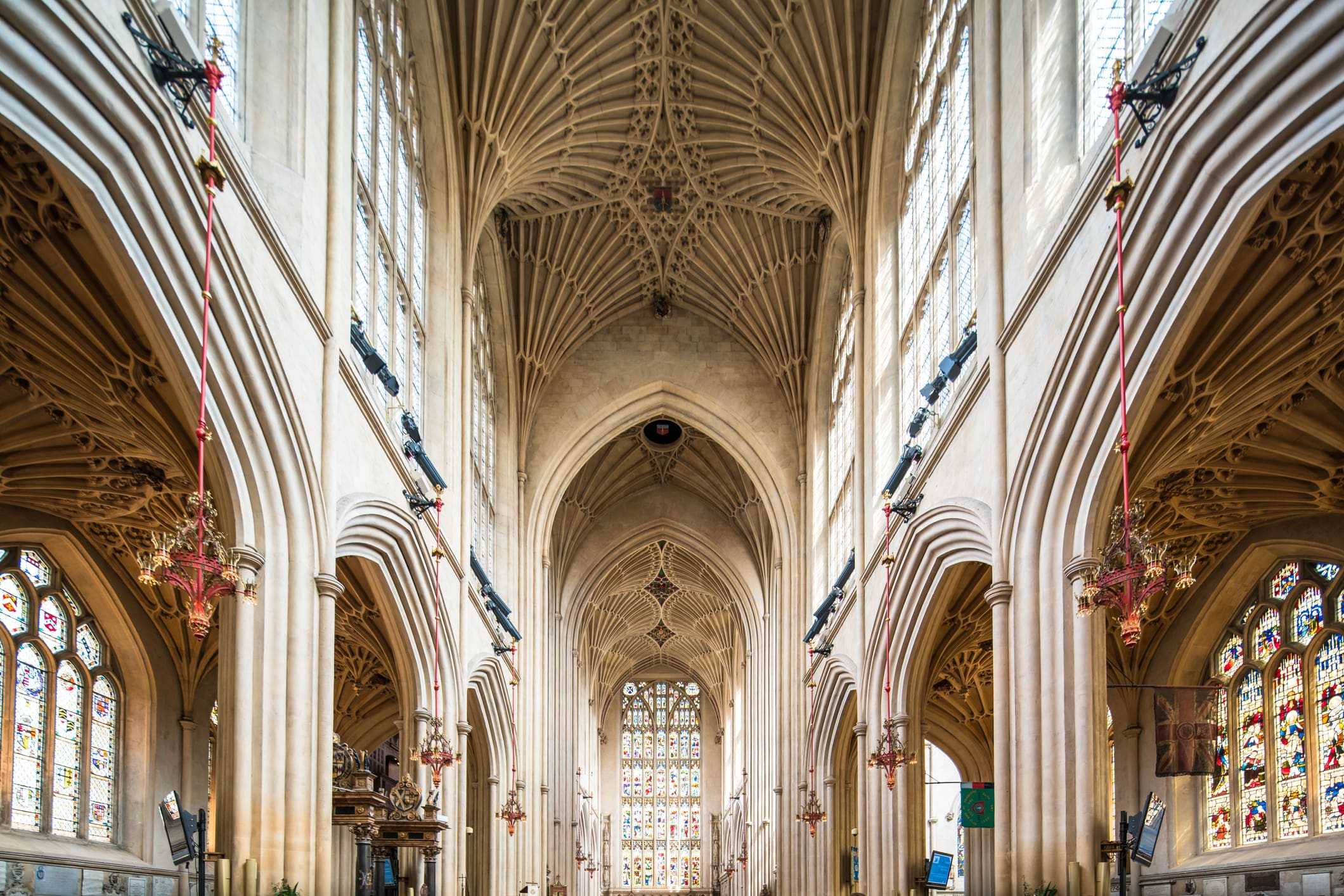Have you carried out renovations to your property without planning permission? Perhaps you were unsure whether you needed to obtain planning permission, or you did but simply crossed your fingers and hoped that no one would notice. If this is the case, you may need to submit a retrospective planning application to your local authority to make your changes legal, ensure your building complies with local regulations and to allow you to eventually sell your home.
Planning permission is essential if you want to make significant changes to your property or add a completely new building so we would always urge you to seek this if you are in any way unsure whether your project needs one.
Approved planning permission will provide you with a document that essentially gives you a green light for your project to go ahead so it gives you that all-important peace of mind.
Without planning permission, you could face criminal charges, invalidate your insurance policy, or even be forced to tear any work down.
Here at Cobb Farr, we understand that applying for retrospective planning can be confusing which is why we have created this useful guide.
Keep reading to learn what retrospective planning permission is, how you can apply, whether there are any time limits and what happens if you’re not granted planning permission.
Contents
- What is Retrospective Planning Permission?
- Do I need to apply for planning permission?
- What happens after you apply?
- Are retrospective planning applications always accepted?
- What happens if the retrospective planning permission application is refused?
- Can I appeal?
- What is the time limit for retrospective planning permission?
- The Four-Year Rule
- The 10-Year Rule
- How much does it cost?
What is Retrospective Planning Permission?
Retrospective Planning Permission is planning permission that has been requested after any changes have been made to a property. It falls under section 73A of the Town and Country Planning Act 1990.
Do I need to apply for planning permission?
If you’re planning to build something new, make a significant change to the property such as adding an extension or want to change the use of your home, you are likely to need to apply for planning permission.
What happens after you apply?
After you submit your application, the Local Planning Authority will decide whether to grant you planning permission.
Are retrospective planning applications always accepted?
Your application will be treated in the usual way so there’s no guarantee that it will be accepted.
What happens if the planning permission application is refused?
If your application is refused, the Local Authority will issue an enforcement notice.
Can I appeal?
Yes, you can appeal if your Local Planning Authority refuses your application or you disagree with their decision.
What is the time limit for retrospective planning permission?
If you made changes to your property several years ago and did not receive an enforcement order during this time, you could apply for a Lawful Development Certificate.
The Four-Year Rule
The Four-Year Rule applies to Class C3 houses and flats after four years of continuous use.
The 10-Year Rule
The 10-Year Rule applies to other uses such as C4 houses in Multiple Occupation.
How much does it cost?
The cost of retrospective planning permission usually falls between £200 and £500, depending on your local authority and the project you submitted.
Summary
If you didn’t apply for planning permission but now realise that you need it or have been served with an enforcement notice, you may need to apply for retrospective planning permission.
Cobb Farr is here to help
Whether you’re buying, selling or letting your property and need a team of trusted professionals, contact us today.


